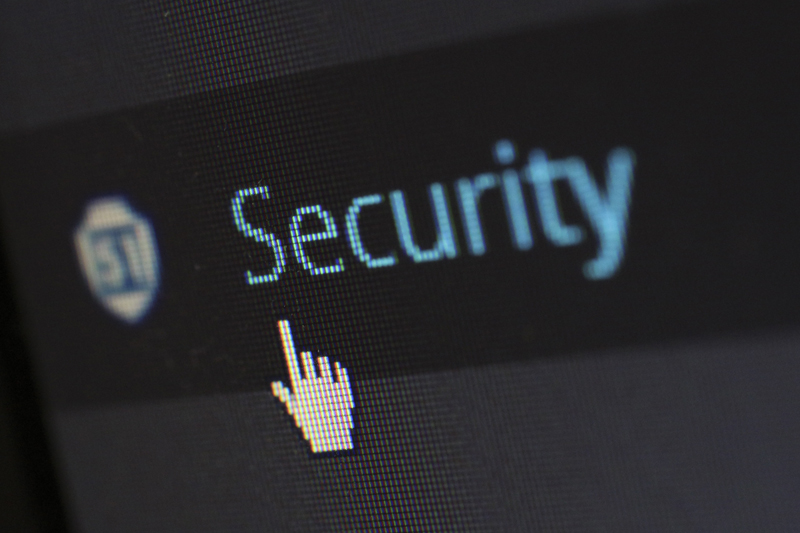
Staying Safe Online – for Kids & Teens
There are many ways for kids and teens to stay connected online while also keeping them safe. Using the internet in a healthy way can help kids build confidence and self-esteem. It is essential to focus on cyber bullying and how to stay safe online.
With so many children and teens owning mobile phones or having access to unsupervised mobile devices, the focus is on how parents can build their child’s knowledge, skills and resilience to prevent and prepare for any unsafe situations.
Risks for children and young people that are not supported include: sexting (sending of sexually explicit images and text), cyber stalking, sites that glorify eating disorders, violence and other harmful behaviours. These problems are growing online, and often these websites can be unmonitored and without safety settings for children.
8 Tips for your children to stay safe online
- Don’t post any personal information online – like names, ages, dates of birth, email addresses, mobile phone numbers or even their school’s information.
- Keep your privacy settings as high as possible. Make sure to regularly update these.
- Never give out your passwords.
- Only communicate with friends you have met in real life.
- Remember that not everyone online is who they say they are.
- Think very carefully about what you say before you post it online.
- Make sure to respect everyone’s views, and know when to log off.
- If you see something that makes you feel afraid, uncomfortable or worried, Make sure to tell an adult who can keep you safe.
Australia has taken a trail blazing approach to appoint an e-Safety Commissioner and has introduced laws to boost the online protections for children and young people. The Office of the e-Safety Commissioner encourages healthy online behaviours and builds resilience. Some online resources available for parents and schools can be accessed on the website of the E-safety Commission.
Information sourced from:
http://www.safetynetkids.org.uk/personal-safety/staying-safe-online/






